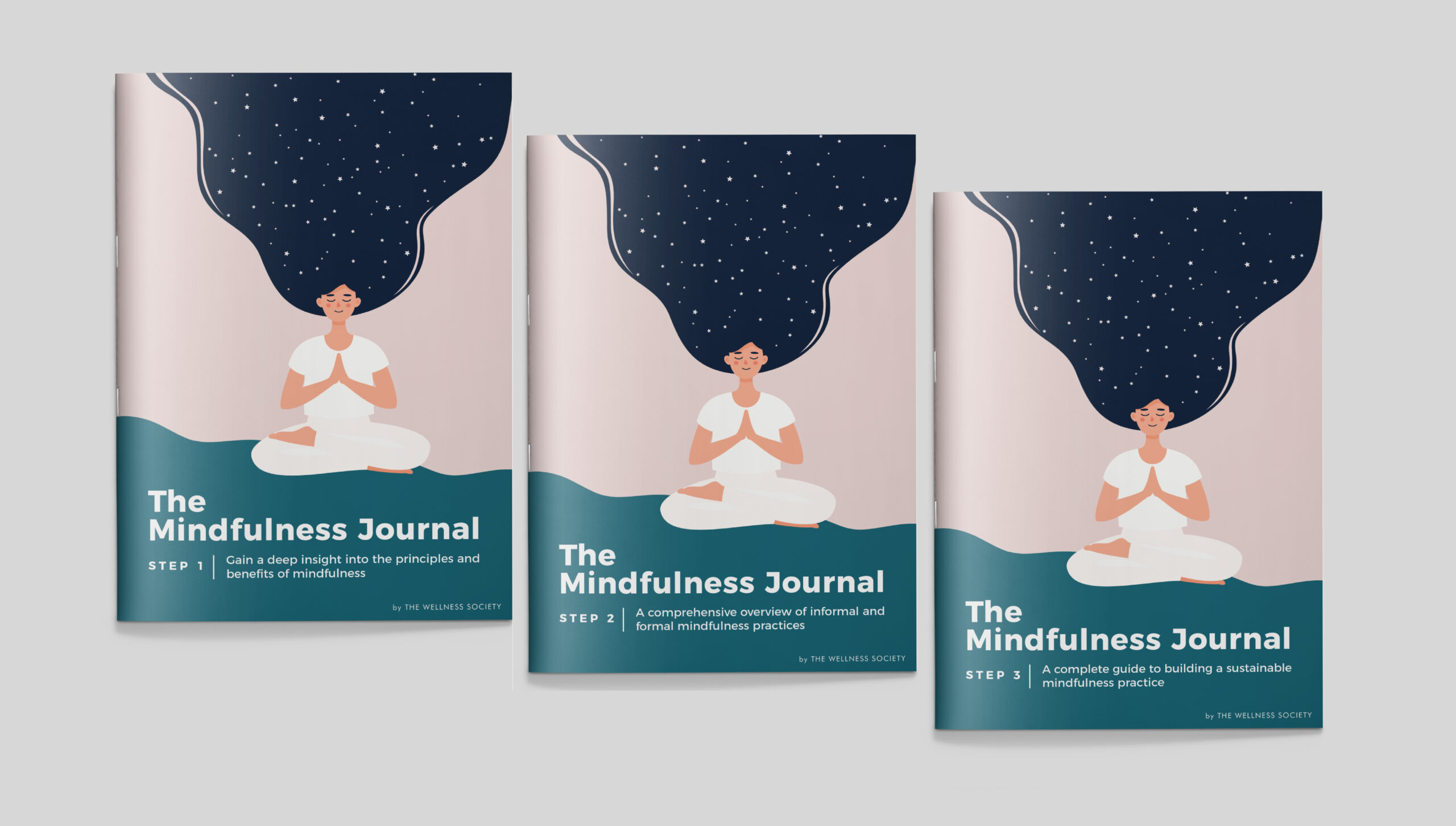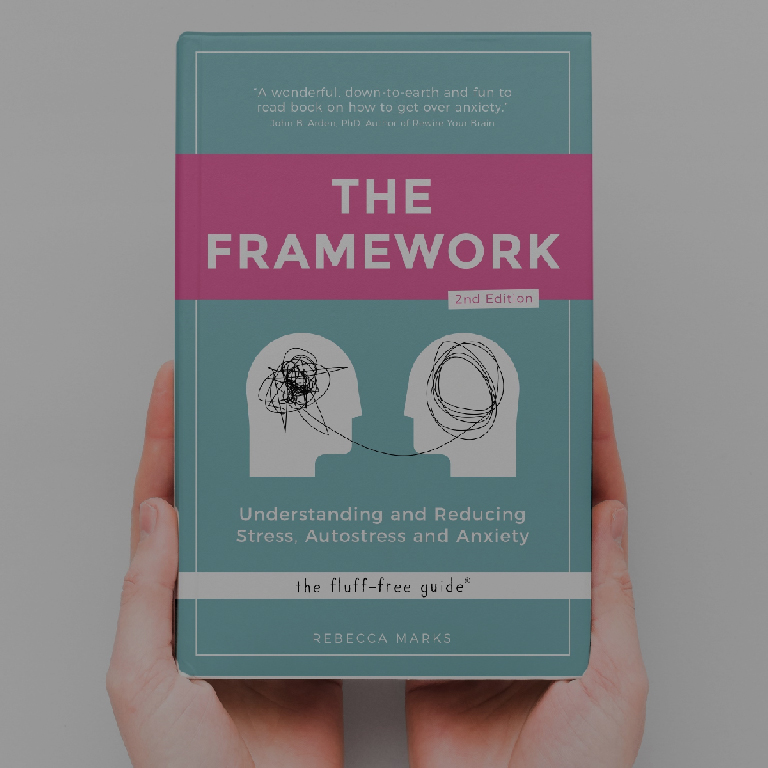Dialectical Behavioral Therapy (DBT) was founded in the 1980s by an American psychologist, Dr. Marsha Linehan, and her colleagues.
DBT can be seen as a modified version of CBT (Cognitive Behavioral Therapy), often referred to as part of a “third wave” of CBT (which was founded in the 1960s) as it has elements of shaping behaviour and targeting unhelpful thinking patterns as part of its approach.
When viewing the problem behaviours by those who struggle with emotional dysregulation, DBT theorizes that these struggles are mainly due to a combination of biological and environmental factors.
Furthermore, DBT cites that high emotional vulnerability factors combined with exposure to a long-standing invalidating environment are the origins of the symptoms that an individual is currently struggling with.
What Challenges Does DBT Address?
DBT has its origins in being founded as an effective treatment for the diagnosis of borderline personality disorder (BPD).
DBT techniques are formulated to address issues around self-harm, suicidal ideation, and difficulty navigating interpersonal relationships.
DBT is unique in that its founder, Marsha Linenhan, has a diagnosis of borderline personality disorder and has had to deal with her own history of hospitalizations.
Following its popularity, this therapy has been adapted and used to treat a variety of other mental health challenges, for example:
- Intense mood swings. DBT can assist individuals who experience extreme and fluctuating emotions, helping them gain better control over their emotional responses.
- Anxiety and panic. It provides tools for managing anxiety and panic attacks, helping people regain a sense of control.
- Depression. DBT can be part of a treatment plan for depression, assisting people to develop strategies to lift their mood and increase their overall wellbeing.
- Impulsivity. DBT can be useful for those who struggle with impulsive actions or decisions, helping them make more considered choices.
- Disordered eating. DBT adaptations can be used to address problems with eating, including binge-eating and purging behaviours.
- Substance misuse. It can be integrated into addiction treatment to help people cope with emotions without turning to substances.
The Four Skills of DBT
DBT aims to help people remain in the moment, regulate their emotions, find healthy ways to tolerate stress, and improve their relationships.
This can be done through the four main skills or modules that DBT is composed of. These modules then further consist of a set of skills.
The following four modules listed are the main four skills of DBT.
1. Mindfulness
Simply put, mindfulness is a practice of being able to be present in the moment, without judgement.
|
Poor Mindfulness Skills |
Strong Mindfulness Skills |
|
Autopilot mode, reacting with habit Thoughts concern re-living the past and projecting into the future Poor attentional control Taking life's pleasures for granted Placing judgement on perceptions—labelling things as good/bad, right/wrong Driven by emotions |
Mindful mode, responding with awareness Thoughts concern the present Strong attentional control We enjoy life's pleasures Perceiving without judgement—being aware of things without labelling them, ‘non-conceptual knowing’ Able to step back and observe emotions |
Whether it’s practicing yoga, breathing exercises, or meditation, these can all be seen as forms of mindfulness.
The skills of mindfulness encourage someone to observe, describe, and fully participate in an experience while being non-judgemental, focused, and compassionate.
2. Emotional Regulation
Emotional regulation is often referred to as the ability to effectively manage and respond to an emotional experience, while emotional dysregulation is the inability to regulate or control one’s emotional response.
The DBT skills that are often taught within emotional regulation include labelling and understanding emotions, decreasing vulnerabilities to remain in what DBT refers to as emotion mind, promoting more positive emotions and reducing the intensity of negative emotions.
Such skills can include identifying emotions, the opposite action skill to assist with emotional urges, and ABC PLEASE to assist with decreasing vulnerabilities through everyday activities in creating more positive emotions and taking care of one’s physical health.
3. Distress Tolerance
As the name suggests, distress tolerance skills help us to tolerate painful experiences.
Distress tolerance skills are often put into place when emotions are at their peak.
The aim is to decrease the tendency to act impulsively in the moment of dealing with pain and to not have pain develop into unnecessary suffering.
Some distress tolerance skills work in the physical realm, such as self-soothing, which involves using the senses (hearing, smell, taste, and touch) to help cope.
The TIPP skill includes movement, breathing and temperature changes to work with the bodily sensations associated with distressing emotions.
Other distress tolerance skills can target decreasing impulsivity, such as the mindfulness-based STOP skill.
The STOP Skill
- Stop. Interrupt your thoughts with the command 'stop!' and pause whatever you're doing.
- Take a breath. Focus on your breathing, inhaling and exhaling slowly and gently through your nose.
- Observe. Become the observer of your thoughts, emotions and physical sensations. What thoughts do you notice? What emotions are surfacing? How does your body feel? Tune in and stay with whatever arises for a few moments.
- Proceed. Mindfully consider how you’d like to respond. What’s one small thing you can focus on right now? What would be a helpful response to this situation?
Download the STOP Skill from our Free Tools Library and review it regularly to overcome impulsive behaviour.
4. Interpersonal Effectiveness
This module focuses on improving communication and relationship skills. It helps people learn how to assert their needs, set boundaries, and navigate conflicts in a healthy and effective manner.
Different DBT interpersonal effectiveness skills can target different areas of relational navigation. For instance, the GIVE skill aims to keep and maintain healthy relationships while the DEAR MAN skill provides a framework for assertive communication.
Another example skill taught in this module is the THINK skill, which aims to help us evaluate the way we communicate and process our thoughts in connection to others
The THINK Skill
- Think. Consider the other person’s perspective. How might they feel in this situation and why?
- Have empathy. Really tune into how the other person might be feeling and sit with it for a few moments.
- Interpretations. Take some time to properly think about all the possible reasons for the other person’s behaviour. What might you have not considered?
- Notice. Try to notice the other person with an open attitude during your interactions. Avoid filtering out the positives; notice when they’re attempting to make an effort and be pleasant.
- Kindness. Try to respond with as much kindness as possible. This doesn’t mean excusing bad behaviour - it’s using kind language.
Download the THINK Skill DBT Worksheet from our Free Tools Library and review it regularly to become better at handling relationship conflict.
Summary
DBT typically consists of four core modules, each focusing on specific skills and strategies to help individuals manage their emotions, relationships, and behaviour more effectively.
These four modules are:
- Mindfulness
- Emotion regulation
- Distress tolerance
- Interpersonal effectiveness
In addition to these four core modules, some DBT programs may include optional or advanced modules to address specific issues such as substance misuse or disordered eating.
The combination of these modules provides a comprehensive approach to addressing the emotional and behavioural challenges that individuals may face.
A Toolkit to Help You Feel Calmer and Happier
Research shows that self-help materials are often enough for people to overcome mild to moderate mental health difficulties without professional support.
Our self-guided program includes tools from DBT, CBT, ACT and more, so you can discover what works best for you. Check out The Mental Wellbeing Toolkit today – it's "like 10 therapy sessions in one."

About Alyssa
Alyssa is a licensed mental health counselor and registered art therapist.
Alyssa has worked with a variety of clients in outpatient mental health settings in addition to working most recently with juveniles through Yale University’s Juvenile Justice Program.




